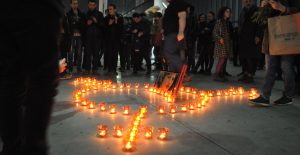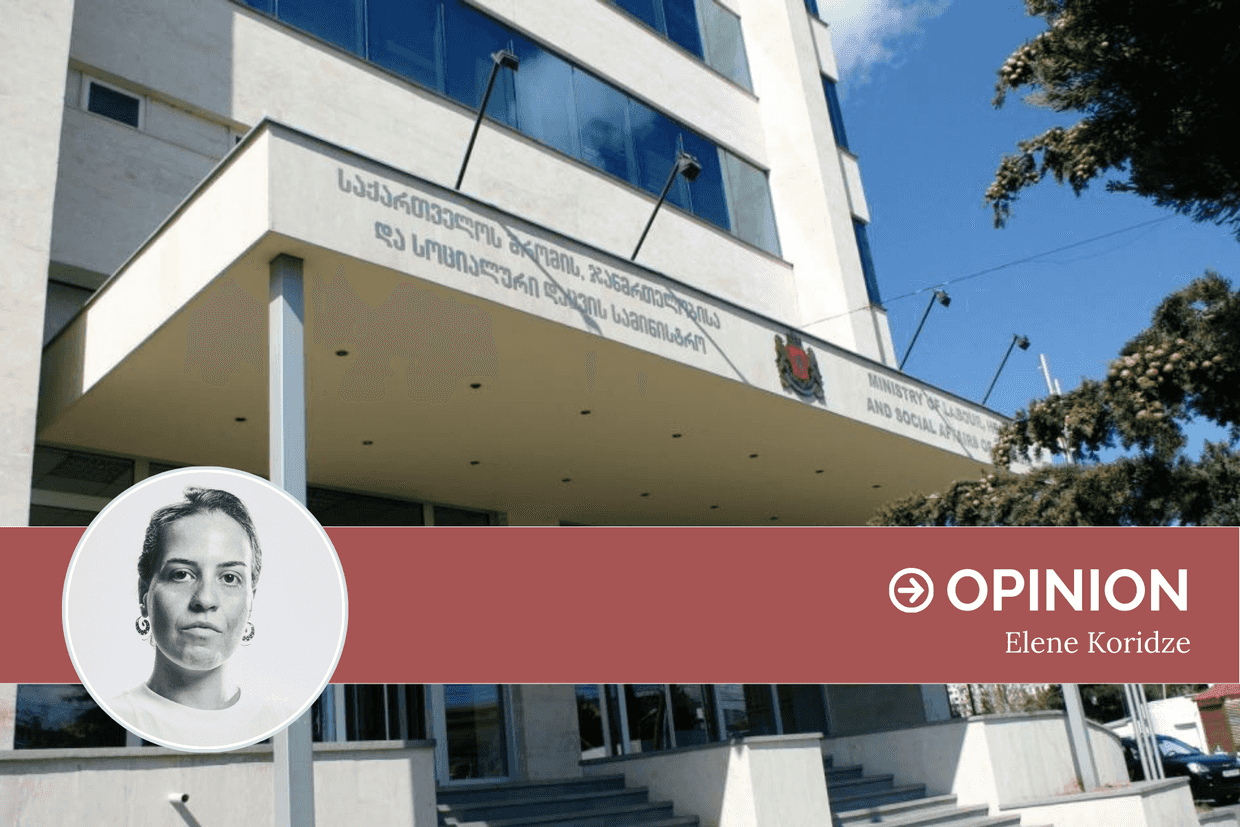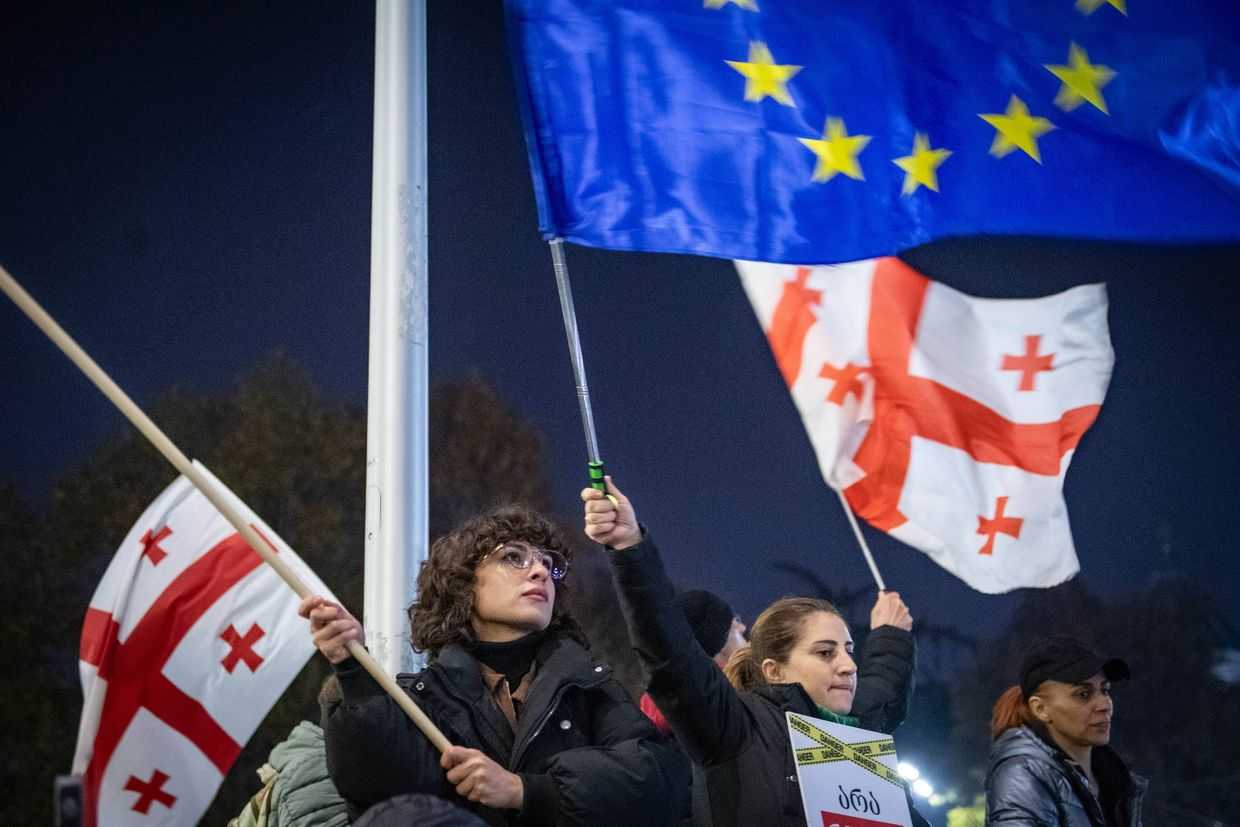

 Four transgender women were beaten up by unidentified individuals in one of the central streets of Tbilisi, Georgia, the Women’s Initiatives Supporting Group (WISG) reported on 7 February.
Four transgender women were beaten up by unidentified individuals in one of the central streets of Tbilisi, Georgia, the Women’s Initiatives Supporting Group (WISG) reported on 7 February.
According to WISG, they were attacked on 6 February in a nightclub somewhere near Elbakidze Ascent, under Tbilisi’s large bicycle sculpture at Rose Revolution Square. ‘One of the injured has a broken arm, two of them have bruises, and one of them has damaged her nose’, WISG reported.
The Ministry of Internal Affairs (MIA) told OC Media that the police had been informed about a ‘clash between citizens at 07:20 in the morning’, but when the police arrived at the scene, the victims refused to be taken to a police station right away. A day after, the MIA explains, all four of them arrived at the station and were questioned.
An investigation is ongoing under article 120 of criminal code of Georgia, for intentional light damage to health, which is punishable by fine, corrective labour of six months, or imprisonment of up to one year.
Human rights groups have reported several attacks and acts of discrimination towards transgender people in Georgia, however, official investigations have avoided examining transphobia as a possible motive for the crimes.
In October 2016, transgender woman Zizi Shekiladze was stabbed to death. The man convicted of murdering her was sentenced to 13 years in jail by Tbilisi City Court on 3 February. The sentence includes 10 years for premeditated murder and three years for robbery. The court did not examine transphobic hate as a possible motive and aggravating circumstance in the case, provoking protests from LGBTQ rights groups.
WISG announced in October that in 2016 alone there were at least 20 attacks on transgender and gender nonconforming people in Georgia. Another transgender woman, Sabi Beriani, was murdered in her apartment, according to human rights activists, because of her gender identity. The court again did not consider this position.









